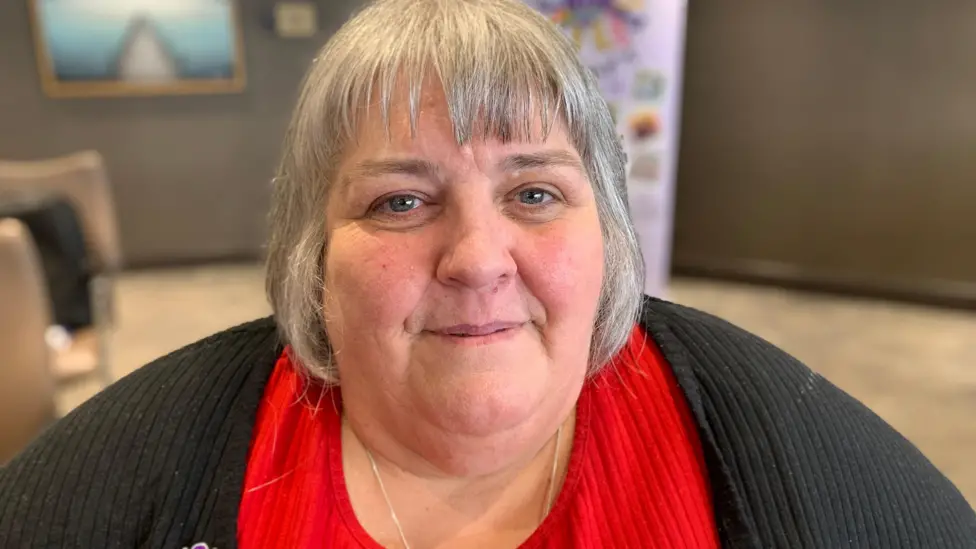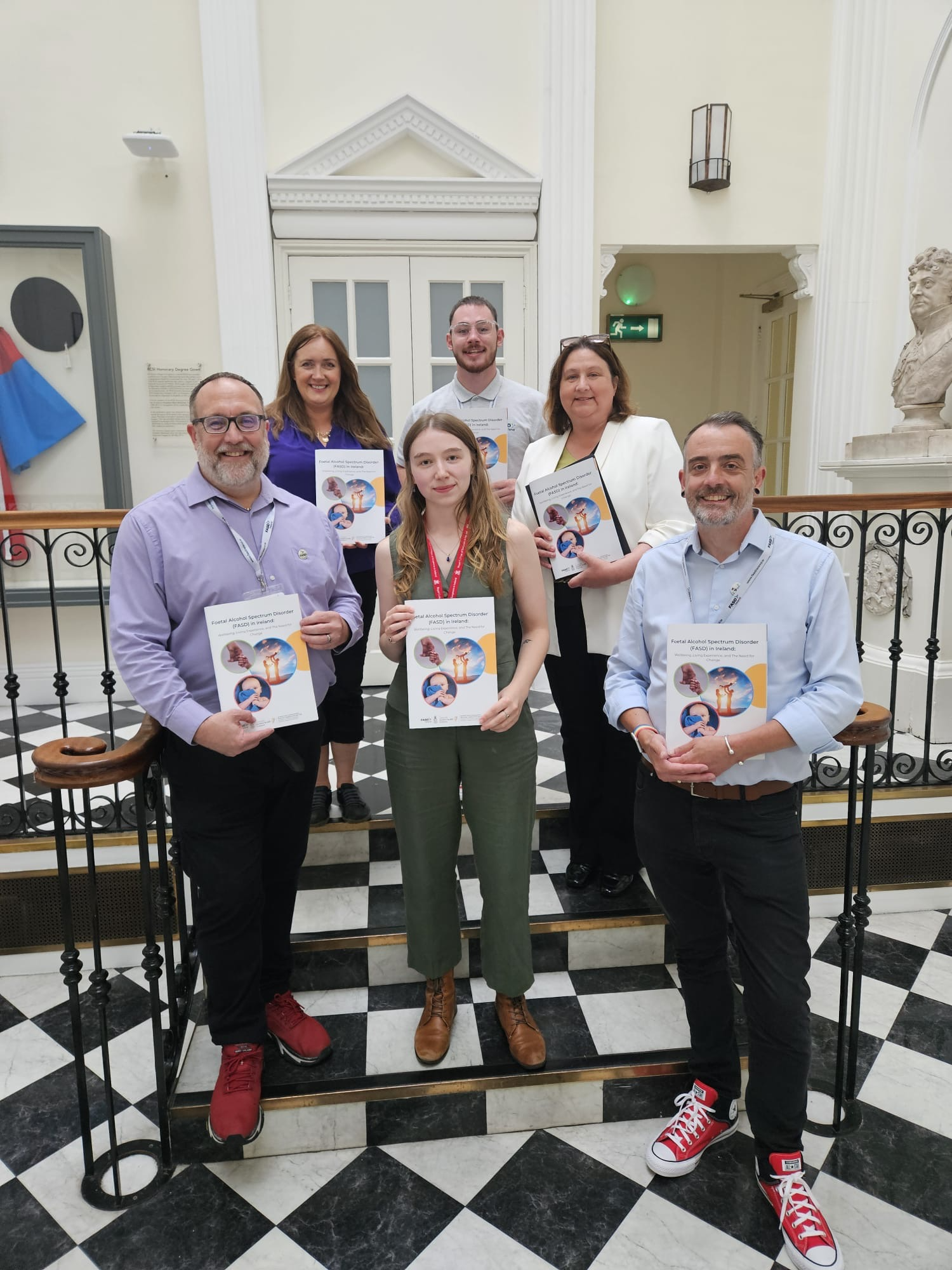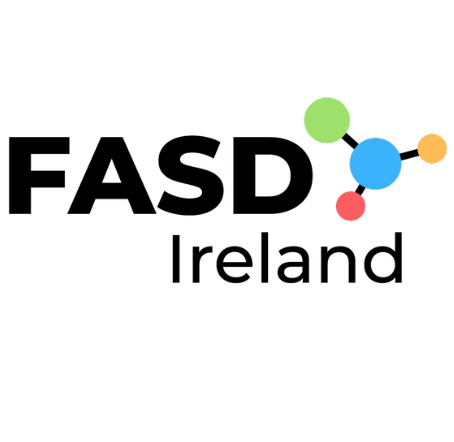We have unearthed some astonishing facts this week...
It is highly probable that some of you reading this will have never heard of the National Council for Special Education, or as it is more widely known as the NCSE. This vital cog in the wheel of providing support for children and young people with Special / Additional Educational Needs (S/AEN) is more than a little obscure from most parents. Unless you have had any interaction with a Special Educational Needs Co-ordinator (SENCo) in school, then you will rarely come across or have any contact with the NCSE at all during your child's education.
So what does the NCSE do? Essentially the NCSE sits inside the Department of Education, specifically within the remit of the Minister of State for Special Education and Inclusion. The NCSE was established in 2003 to improve the delivery of education services to people with special education needs (SEN) arising from disabilities, with a particular emphasis on children. A local service is provided through a national network of Special Educational Needs Officers (SENO's) who interact with parents and schools and liaise with the Health Service Executive (HSE) in providing resources to support children with special educational needs.
Sounds great doesn't it? But does the NCSE actually achieve what it set out to do?
Consider this. A child starting primary school in September is identified by their teachers as having S/AEN. A meeting is held with parents and would usually include the class teacher and SENCo. A decision is made to refer the child to Child and Adolescent Mental Health Service (CAMHs) for a community paediatrician to undertake a clinical assessment of the child. A further referral may be made to an Occupational Therapist (OT) by CAMHs. A diagnosis may or may not follow. A multi-agency meeting will take place to discuss support arrangements in the school using existing limited resources. The SENCo will then consider if a Special Needs Assistant (SNA) is required to support the child in school and will make an application to the NCSE for funding using the 'Exceptional Review' process. The NCSE will usually require reports from the teacher, SENCo, CAMHs, OT and often by an Educational Psychologist from the National Educational Psychologist Service (NEPs) There is also a form to be completed by parents or carers of the child.
The application takes a couple of weeks to put together; co-ordinating reports from agencies takes time. The application is submitted to the local SENO, who usually, but not always has knowledge of the school and experience of working with the SENCo. The application process is so cumbersome that if the application is incomplete, then it will simply be rejected outright and closed down rather than any request for further information.
Often no one will get told that this has even happened!
Providing all of the information with the application is in order, an assessment will take place. Often the SENO will visit the school to see the child in-situ and to examine any further paperwork held on file. The SENO will finally make a recommendation to fund an SNA position, however that may be a part or whole position. However, unlike the application process, the SNA allocation is not specific to the child, but to the school. The NCSE is unable to ring-fence the SNA to the child, and must allow the school's Board of Management (BOM) together with the Management to decide how best to use the SNA in the school.
It would not be unusual to have reached mid-December. So three months has elapsed where the child has not been fully supported. In a young child, starting primary school, three months during early education is a lifetime.
There are some serious flaws in this process.
Now, let's roll forward to a new child starting at the same school the following September.
The process for the school is to apply for an 'Exceptional Review' again, except this time both children will be assessed as a new application. School would reasonably submit a request for two SNA positions. This application requires a full review to be carried out internally by the SENCo for each child and their primary care need - in primary care need order (Interesting question arises here. Is the SENCo actually equipped to do this?) A plethora of paperwork is generated for all concerned, some of which will be sent to the parents or carers to complete and with little notice. The exceptional review application for parents is simply not fit for purpose and focusses mostly on a physical disability rather than any type of neuro-developmental disability. There is significant emphasis on "Improvements made by the child in the past six months." This indicates the intention of the form is to consider withdrawing existing support rather than improving it. There is little room for the parent or carer to explain strategies that are working, the impact of the SNA on school and home, or what additional support is needed.
Once the forms are completed, the SENO attends the school, and along with the SENCo will walk around the school to observe the identified children in their classroom environment. The SENCo will make available all the children's academic history and notes around significant events that may be of interest. Any updated reports from CAMHs, NEPs or the OT are also made available. The Exceptional Review is then considered by the SENO upon their return to the office before an adjudication is made.
So, two children, both identified with S/AEN, with professional reports that would recommend full time SNA support for both children. It seems fairly certain that the next letter from the SENO to the school would say "The Exceptional Review has identified that your SNA allocation has been increased to TWO" However in 9 out of 10 cases, this does not happen. Most SENOs are under such funding pressure, that they respond with "Your Exceptional Review has identified that your SNA allocation has been increased to ONE and ONE HALF"
When questioned about this type of outcome recently, this is what a SENO had to say about it:
"I carried out the SER review with another NCSE colleague at *SCHOOL*. This is standard procedure when a request for additional SNA support is made by school management. The school was forwarded all relevant parent consent forms, these forms are forwarded to all schools which apply for additional SNA support.
The decision as to which pupils have access to SNA support is now a decision made by the BOM and Management team in each individual school. This decision is based on Primary Care needs. Individual allocations are not given to individual pupils. Access to an allocation of SNA support is given to a school. The outcome of the review on this occasion was an increase in SNA support. Any specific queries which you may have regarding your child can be discussed with the SENCO at the school.
So essentially, the SENO makes the decision about funding and the SNA support for the child/ren in question, and then passes responsibility for their decision around SNA provision to the school BOM and Management Team. School then has to juggle any deficit in SNA funding.
Also note how the SENO doesn't refer to the amount of increase in the correspondence with the parent. In this case it was an increase of 0.5 of an SNA. This means if all of the children with S/AEN needed a full time SNA, then they will all now lose a share of support with school struggling to decide where to make the cuts.
Finally, and here is the absolute breath-taker!
At the end of Primary School, a young person with S/AEN may have had SNA support for some or all of the previous 5 years of their time in education. Essentially, they will have been supported through their primary education so that they could take part in mainstream education and start their academic journey. So what happens during the transition to Secondary School? The assumption would be that the support would simply continue...
Wrong!
The young person will arrive at post-primary school in September, and work hastily begins immediately for the SENCo to make an "Exceptional Review" application to the NCSE for increased SNA support . This means that the young person can be in post-primary for the first three months without any support whatsoever, and no guarantees of any substantive support going forward after the application.
Imagine that young person, finding themselves in new surroundings, with new students, new teachers and no support at all. It is an incredibly difficult time for every child transitioning schools, however compounded when there is evidenced S/AEN and or a disability
. How on earth can the NCSE claim that they meet their original purpose? Remember this:
"The NCSE was established in 2003 to improve the delivery of education services to people with special education needs (SEN) arising from disabilities, with a particular emphasis on children."
Urgent legislation is needed so that SNA funding provision is unique to the child or young person,
not the school. It should not be for the BOM or Management of the school to decide where best to allocate funding applied for in an individual child's name. The support must continue across transition to any other school that the child attends whether it be a home move or to post-primary.
There should be particular emphasis on recognising all disabilities including neuro-developmental disabilities like FASD, and accepting that they are lifelong without a cure. Improvements come through implementing the right strategies and supports, not because the disability disappears.
The NCSE are failing in every respect.
The NCSE is no longer fit for purpose.
We would love to hear your own experiences of the NCSE and your local SENO. Please get in touch through twitter, facebook or email.
NCSE website can be found at














